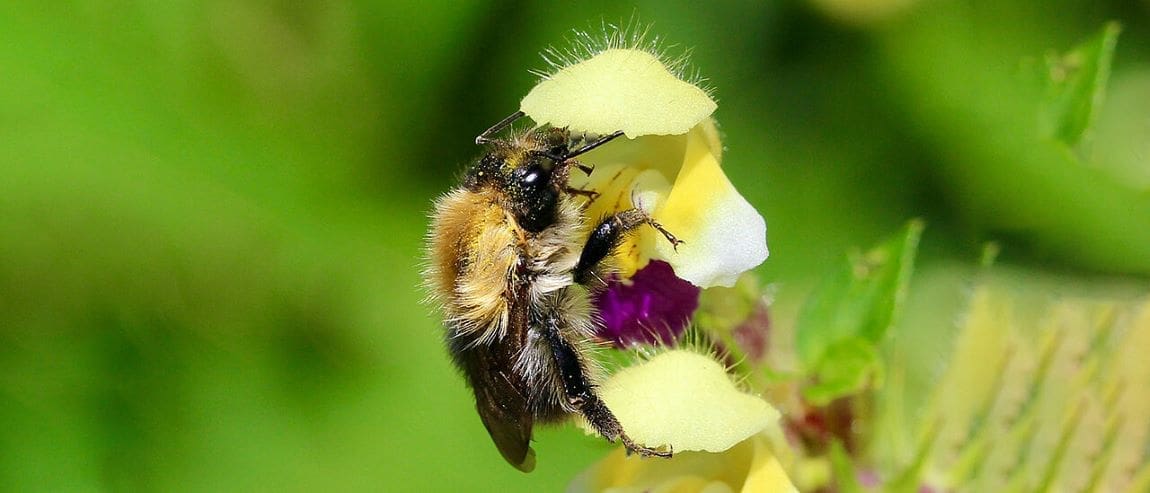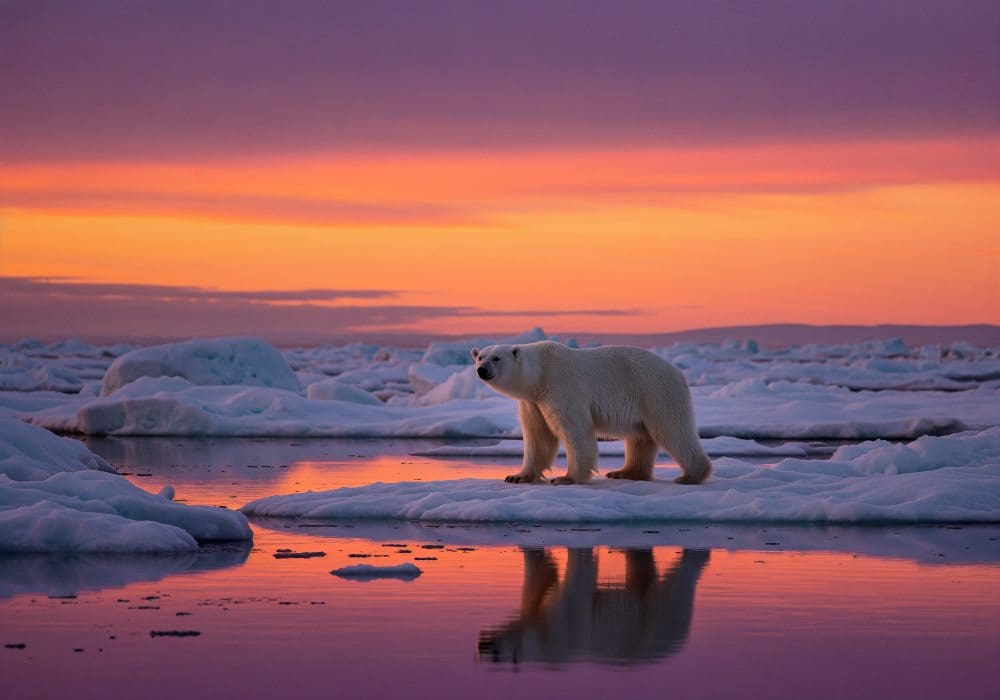Rising global temperatures are not only taking a toll on human health but also profoundly affecting ecosystems, particularly the essential role of pollinators.
Recent research conducted at the Julius-Maximilians-Universität Würzburg (JMU) has revealed that extreme heat can severely impair the olfactory senses of bumblebees, which are crucial for their role in pollination. This discovery adds to the growing body of evidence highlighting the far-reaching consequences of climate change on biodiversity.
Impact of heatwaves on bumblebees
The study, led by Dr. Sabine Nooten, examined how bumblebees, which are vital pollinators in both natural and agricultural ecosystems, are affected by high temperatures.
“Bumblebees are important pollinators in natural and agricultural systems. They therefore have a high economic and biodiversity value,” explained Dr. Nooten. But these insects are particularly vulnerable to heat, as they are adapted to cooler environments.
In a controlled experiment, bumblebees were exposed to temperatures of 40 degrees Celsius, a level they are increasingly likely to encounter due to climate change. The results were alarming. The bees showed a significant decline in their ability to detect floral scents, with female workers losing up to 80% of their olfactory capabilities and males losing up to 50%. This loss of smell is critical because it hampers the bees’ ability to locate and assess flowers, directly affecting their foraging efficiency.
Moreover, the study found that wild bumblebees were more adversely affected by heat than commercially managed species, indicating that natural populations might be at greater risk. Despite being given a recovery period in cooler conditions, most bees did not show immediate improvement, with olfactory impairments persisting 24 hours after the heat exposure.
Implications for ecosystems and future research
The findings underscore the importance of understanding how climate change disrupts the interactions between plants and their pollinators. Heatwaves, now more frequent and intense due to global warming, could significantly impair pollination, threatening food production and biodiversity.
Dr. Nooten and her team are planning a follow-up study to further explore these impacts. “Now that we have found out that heatwaves impair the physiological processes of bumblebees to detect flower scents, our focus is now on the behavioural side. We will test how the foraging behaviour of bumblebees is affected by experimental heatwaves,” she said.
This research is crucial for developing strategies to mitigate the impact of climate change on pollinators and, by extension, on global food security.
Journal Reference:
Nooten Sabine S., Korten Hanno, Schmitt Thomas and Kárpáti Zsolt, ‘The heat is on: reduced detection of floral scents after heatwaves in bumblebees’. Proceedings of the Royal Society B: Biological Sciences 291 20240352 (2024). DOI: 10.1098/rspb.2024.0352
Article Source:
Press Release/Material by Julius-Maximilians-Universität Würzburg
Featured image: The common carder bee (Bombus pascuorum) feeding on the large-flowered hemp-nettle (Galeopsis speciosa) in the Austrian Alps. If it gets too hot, the insects can hardly detect the scents of the flowers. Credit: Sabine Nooten | Uni Würzburg




